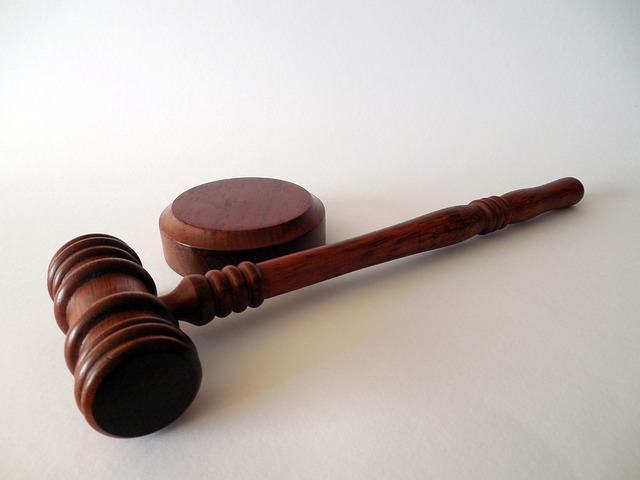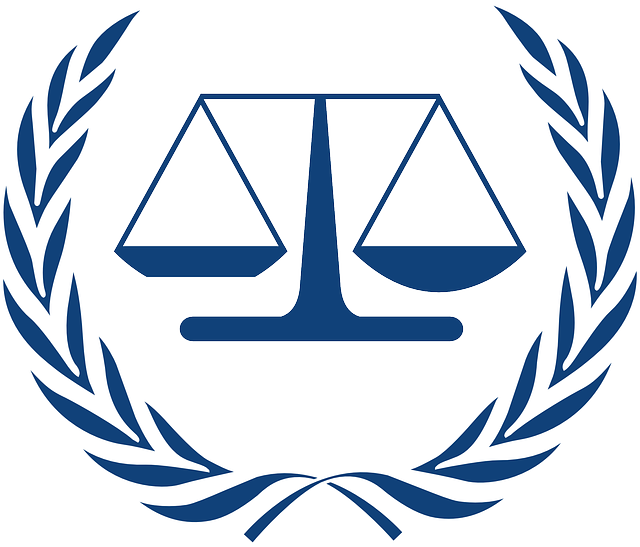Regulatory Challenges in Securities Fraud Cases highlight the need for thorough legal understanding and evidence to protect whistleblowers from retaliation while upholding justice. Navigating complex transactions, laws, and guidelines is crucial for achieving winning defense verdicts, deterring fraud, and preserving legal integrity. Effective strategies involve examining allegations, presenting compelling counter-evidence, and leveraging successful dismissals in similar white-collar crime cases.
Whistleblower protection lawsuits are crucial in fighting corporate fraud and ensuring accountability. This article delves into the intricacies of these legal battles, focusing on securities fraud cases and the associated regulatory challenges. We explore key aspects like understanding whistleblower protections, navigating legal hurdles in securities fraud, and the complexities of proving retaliation claims. Additionally, we highlight evidence strategies for effective legal defense, offering insights that can fortify whistleblowers’ positions in court.
- Understanding Whistleblower Protection Lawsuites
- Securities Fraud Cases: Legal Hurdles
- Challenges in Proving Retaliation
- Role of Evidence in Whistleblower Suits
- Strategies for Effective Legal Defense
Understanding Whistleblower Protection Lawsuites

Whistleblower Protection Lawsuits are a crucial mechanism for holding organizations accountable for illegal activities, particularly in high-stakes cases like securities fraud. These lawsuits empower individuals who expose corporate wrongdoing to seek justice and play a vital role in navigating complex regulatory challenges. When employees come forward with evidence of fraudulent practices, they face significant personal risks, including potential retaliation from their employers.
Understanding the legal framework behind these protection laws is essential for winning challenging defense verdicts. Many whistleblowers have successfully avoided indictment by leveraging these laws, which offer a safe harbor for those who report fraud. In terms of regulatory challenges in securities fraud cases, whistleblower protection lawsuits provide a critical avenue for ensuring transparency and accountability, fostering a more robust legal system capable of addressing corporate misconduct.
Securities Fraud Cases: Legal Hurdles

In securities fraud cases, navigating through legal hurdles presented by whistleblower protection lawsuits is a complex task. These disputes often involve intricate financial transactions and require a deep understanding of both civil and criminal laws. One significant challenge lies in deciphering the nuances of regulatory requirements, as individuals who expose fraudulent activities must comply with strict guidelines to maintain their protected status. The complexity intensifies when dealing with unprecedented track record cases, where defining precedent can be challenging.
Whistleblowers face a delicate balance; they must provide substantial evidence of fraud while also ensuring their disclosures are in line with regulatory challenges in securities fraud cases. Achieving winning challenging defense verdicts demands meticulous legal strategy and a keen eye for detail. The goal is to expose the truth without compromising the integrity of the legal process, ultimately aiming for achieving extraordinary results that uphold justice and deter future fraudulent practices.
Challenges in Proving Retaliation

Whistleblower protection lawsuits often face significant challenges when it comes to proving retaliation, especially in high-stakes cases involving securities fraud. Regulatory bodies must navigate complex legal landscapes and meet stringent evidence requirements to establish that an employer took adverse actions against a whistleblower. This process can be intricate due to the sensitive nature of investigative and enforcement stages, making it crucial for whistleblowers to present robust evidence demonstrating a clear pattern of retaliation.
In many instances, these cases involve intricate financial transactions and require a deep understanding of not only the alleged fraudulent activities but also the legal framework governing securities regulations. The interplay between corporate policies, management decisions, and market impact can create significant regulatory challenges. Moreover, the temporal proximity between whistleblowing activities and subsequent employment actions must be meticulously examined to ensure causation, particularly when political or philanthropic communities are involved.
Role of Evidence in Whistleblower Suits

In whistleblower protection lawsuits, evidence plays a pivotal role in proving the merits of the case. When an individual steps forward to expose fraudulent activities within an organization, they face significant regulatory challenges, particularly in complex cases like securities fraud. The strength of evidence is crucial for achieving extraordinary results for his clients. This includes financial records, internal communications, and expert testimony that can unravel the intricate web of white-collar and economic crimes.
Successful whistleblower suits rely on substantial proof that demonstrates the violation of laws or regulations. By presenting compelling evidence, whistleblowers can overcome initial skepticism and navigate the regulatory landscape more effectively. This process demands meticulous preparation, ensuring every piece of information is thoroughly vetted and aligned with the legal framework governing securities fraud cases.
Strategies for Effective Legal Defense

In addressing Whistleblower Protection Lawsuits, especially in the context of Regulatory Challenges in Securities Fraud Cases, a robust legal defense strategy is paramount. One key approach involves meticulously scrutinizing the allegations to identify any weaknesses or inconsistencies in the whistleblower’s claims. By employing this strategic defense, attorneys can aim for a complete dismissal of all charges, which has been successfully achieved across the country in similar cases involving white collar and economic crimes.
Furthermore, effective legal representation often includes presenting compelling evidence that refutes the whistleblower’s assertions. This may involve examining the methods used to gather information, challenging the reliability of anonymous tips, or highlighting any potential biases on the part of the whistleblower. Such a defense not only strengthens the case but also ensures a fair and just outcome in cases where the accusations are unsubstantiated.
Whistleblower protection lawsuits play a pivotal role in upholding ethical standards and ensuring accountability, especially in complex areas like securities fraud. As these cases navigate regulatory challenges in the global financial landscape, a thorough understanding of legal mechanisms and robust evidence collection become paramount. By employing effective legal defense strategies, individuals who expose wrongdoing can safeguard their rights and contribute to a more transparent and fair market. This comprehensive overview highlights the intricate aspects of whistleblower protection, offering valuable insights for those navigating these critical legal matters.






